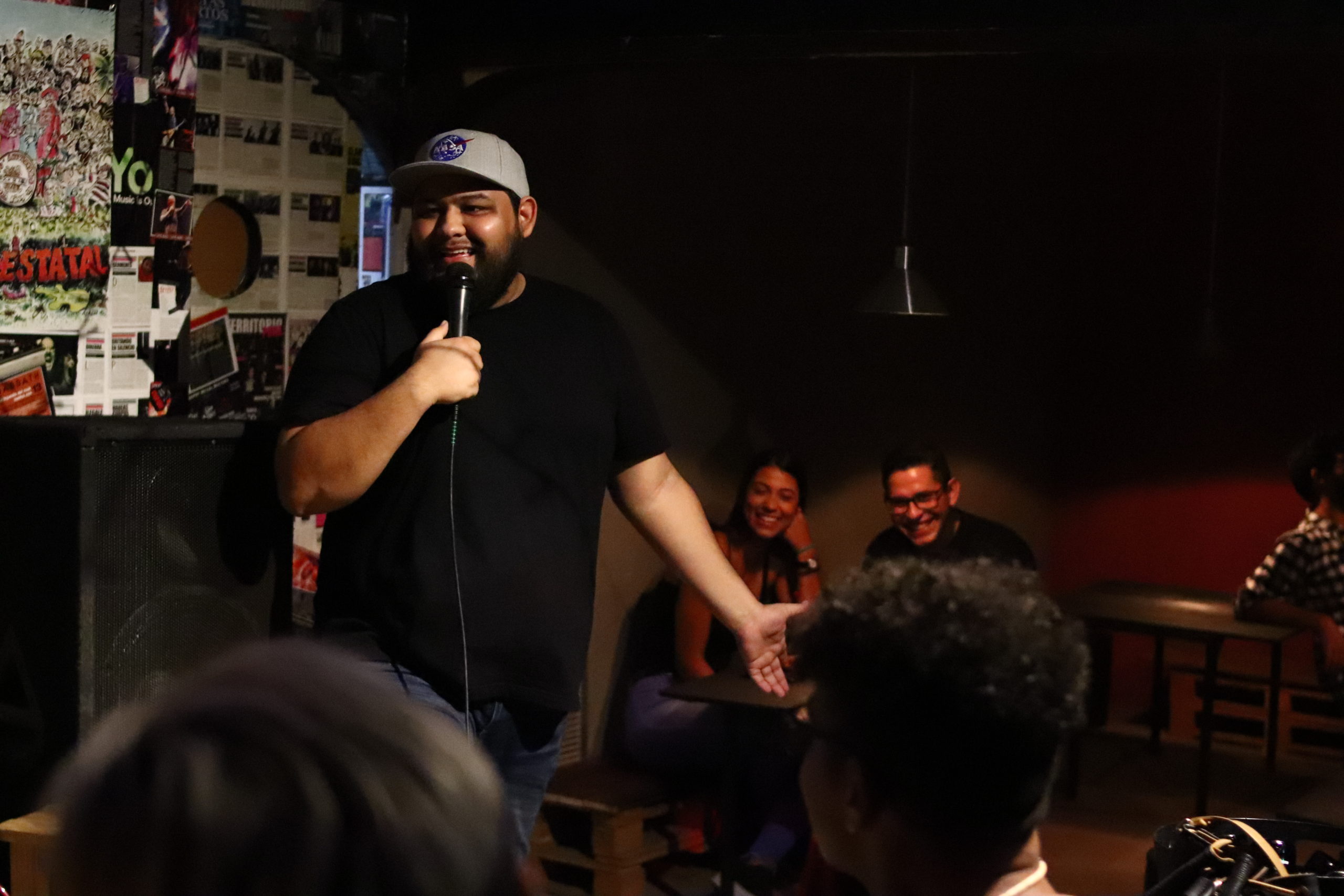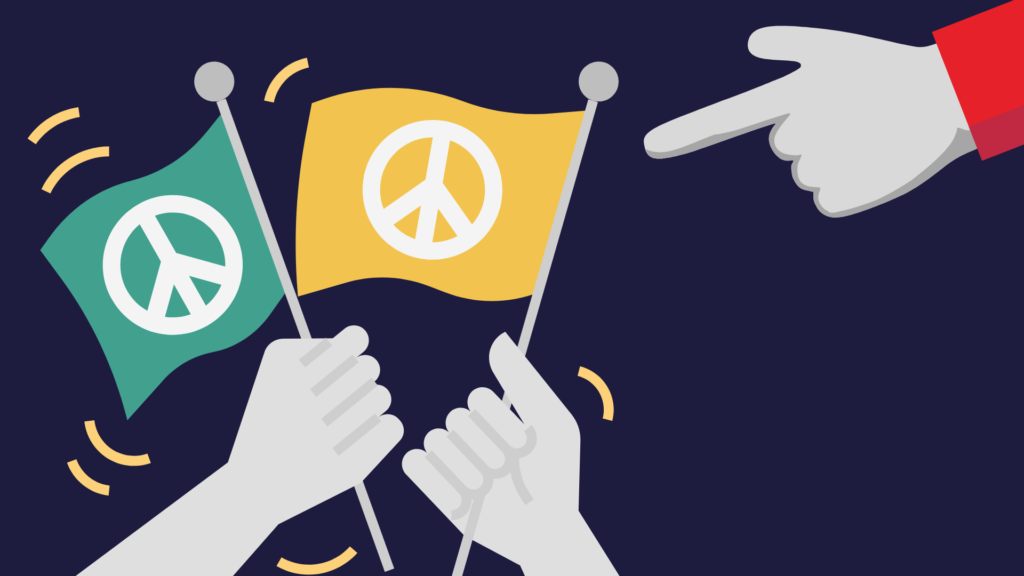While in other countries Non Governmental Organizations work hand in hand with States to serve the most vulnerable without losing their autonomy, the Venezuelan State criminalizes the work carried out by civil society
In 2009, Marcis Liors Skadmanis, a university student from Latvia, took the first step in establishing NGO Day while pursuing a Master’s degree in International Law and NGO Legislation.
Later, on April 17, 2010, during the 9th Baltic Sea NGO Forum convened at the 8th Baltic Sea States Summit in Vilnius, Lithuania, the NGO day was officially recognized and declared.
In the international arena, World NGO day was established on February 27, 2014, by Helen Clark, Administrator of the United Nations Development Programme (UNDP) in Helsinki, Finland.
This initiative arises from the crucial role of Non-Governmental Organizations (NGOs) in society, as they strengthen democracy while carrying out social and humanitarian work.
Valuable support for Venezuela
In Venezuela, NGOs provide relief for many people in need of assistance, accompaniment and support amid the Complex Humanitarian Emergency.
The importance of NGOs in the challenging Venezuelan context is increasing. They have assumed, to a great extent, the responsibilities that have been neglected by the Venezuelan State.
The work of NGOs in the country includes legal assistance, the denunciation and documentation of human rights violations, sexual education, food security, the provision of drinking water to communities, and the elevation of human rights violations to international bodies, among others.
Activism is not a crime
The Venezuelan State has harassed, persecuted and criminalized the work carried out by non-governmental organizations and organized civil society for being the sole source of information on the crisis of economic, social, cultural and environmental rights in the country.
The denunciation and documentation of human rights violations by Venezuelan NGOs have exposed the humanitarian crisis afflicting the country since 2015 and raised awareness about the situation before international organizations such as the United Nations, the office of the High Commissioner for Human Rights, the Inter-American Court of Human Rights (IACHR) or the High Commissioner for Refugees, among others.
Given the lack of official data (the Venezuelan State has not provided figures on health, education or gender-based violence since 2014), NGOs have embarked on the difficult task of monitoring, documenting and publishing figures on Venezuela’s complex situation.
This is the case of Venezuelan activist Susana Raffali, who compiles figures on child malnutrition, or civil organization Fundaredes, which denounces the irregularities that exist in vulnerable areas along the country’s borders.
Hundreds of organizations are active in Venezuela today. They fight censorship, persecution and harassment by a State that seeks to limit their work at all costs because it reveals the negligence on the part of the authorities in promoting and guaranteeing the enjoyment of human rights.
An example of this is Ruling 002-2021, which seeks to hinder and criminalize national and international financial cooperation with NGOs and accounts for a violation of the right of association.
Today, numerous activists, human rights defenders, journalists, and members of civil society in Venezuela are imprisoned or required to report to the courts for denouncing or protesting the violations to which people in the country are subjected.
It is worth mentioning the cases of Javier Tarazona, Roland Carreño, Vanessa Rosales, Luis Carlos Diaz or the activists of the NGO Azul Positivo, all arbitrarily deprived of their liberty for their activism and humanitarian work. Although many of them are now free, they do not feel safe. The harassment by the State has not stopped.
Every day, on public radio and TV stations, journalists, defenders and activists are blamed for the problems that afflict the country and must be addressed by the State.
Despite the adverse context in which Venezuelan NGOs develop their work, their efforts contribute to reducing inequality, injustice and people’s needs.
Our organization seeks to contribute to the construction of more humane and empathetic journalism, and we mark World NGO Day by highlighting that each of us, however large or small, contributes to the construction of a more just and humane society.
We will continue building a better Venezuela.
Translated by Jose Rafael Medina




